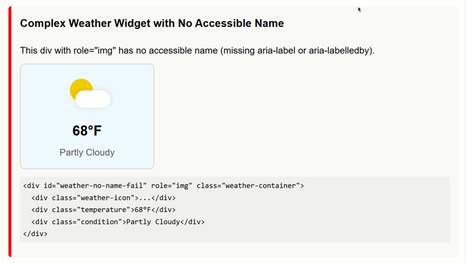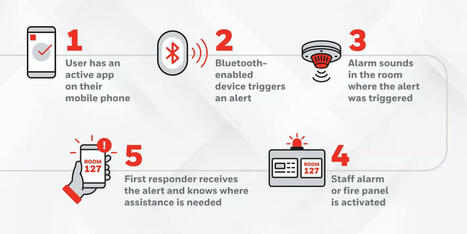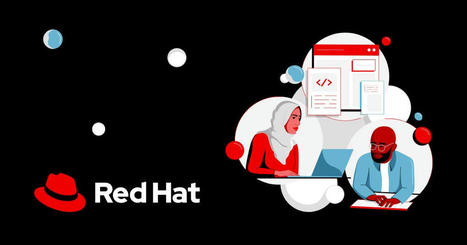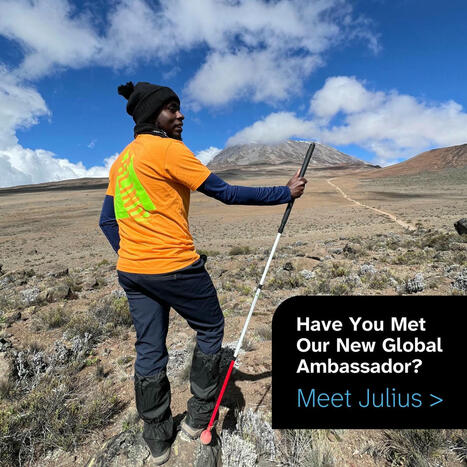For a world without barriers DiversityInstitutional From 25 to 27 October, the third Cybathlon will take place in the Swiss Arena in Kloten, Switzerland. This is the world’s largest competition in which people with disabilities master everyday tasks with the help of newly developed assistive technologies. For this Cybathlon, the six existing disciplines were further developed, and two new ones added: a race with intelligent vision assistive technologies and one with assistant robots. 26.08.2024 by Franziska Schmid volume_upRead mode_comment Number of comments In brief For the third time, ETH Zurich is organising the Cybathlon, which aims to significantly advance assistive technologies for people with disabilities. Pilots solve everyday tasks in eight disciplines. For the first time, competitions will be held with visual assistants and assistance robots. In 2024, the Cybathlon will once again take place in the Kloten stadium, as well as in eight other locations around the world. Climbing stairs, cleaning your teeth, setting the table: all these activities can be challenging for people with certain physical disabilities. It’s precisely these tasks that are part of the Cybathlon competitions, which put assistive technologies to the test. Such technologies help people with disabilities to become even more independent, thus promoting their inclusion in society. With the Cybathlon, ETH Zurich connects researchers with those affected (“pilots”) so that they can find solutions together. “Inclusion is all about helping to break down barriers so that we can create equal opportunities for everyone. The Cybathlon motivates researchers worldwide to work in a more user-oriented way,” says ETH Zurich Professor Robert Riener, initiator of the event. The idea behind the Cybathlon is to accelerate innovation and development of assistive technologies through international competition. Some 80 teams from 26 nations compete for medals in eight different disciplines, with teams drawn from both industry and universities. Eleven Swiss teams are taking part, and ETH Zurich is particularly well represented: two teams from the university will be competing with their prosthetic legs in the “LEG” discipline, while three other teams will be competing in races with visual assistance technology, a robot assistant, and an exoskeleton. Two new disciplines included this year People with a severe impairment or a complete loss of vision lack the most basic information from their environment. A new Cybathlon discipline has now been created for these people and their needs: in “VIS”, the Vision Assistance Race, new technologies such as an intelligent cane for the blind help to pass on important information about the surroundings to their pilots. For example, pilots should be able to find a vacant seat on public transport, locate the right product on a shelf or even distinguish between colours. In the second new discipline, the Assistance Robot Race, robots assist people with limited motor skills to solve tasks. The pilots work together with the robot to, say, grip various objects under time pressure or to avoid obstacles. As Riener says: “Assistant robots show promising potential to support people who have very little or no control over their arms and legs. That’s why we felt it was important to create a separate discipline.” In both disciplines, the first criterion is whether a task has been completed correctly; the second, how quickly. The sensitive gripping and stacking of cups with a prosthetic arm is one of the tasks in the Cybathlon. (Image: Erzelli / ETH Zurich / CYBATHLON) A pilot with visual impairment uses an intelligent cane to complete the new Visual Assistance Race discipline. (Image: Alessandro Della Bella / ETH Zurich) Also new: the Assistance Robot Race. These robots are designed to take over the task of clearing out the dishwasher. (Image: Alessandro Della Bella / ETH Zurich) Cybathlon pilots overcome obstacles, both literally and figuratively. (Image: Alessandro Della Bella / ETH Zurich) Pilot with tetraplegia competes in the Brain-Computer Interface Race controlling a game avatar using only his mind. (Image: Maximilian Wührer / ETH Zurich) The Cybathlon brings pilots with disabilities and developers together inspiring both innovation and emotion. (Bild: Alessandro Della Bella / ETH Zürich) This is the third time the competition takes place. Pictured here an image from the first Cybathlon in 2016. (Bild: Alessandro Della Bella / ETH Zürich) Competitions in Switzerland and worldwide To make the Cybathlon itself as inclusive as possible, the event will take place simultaneously at nine locations, known as hubs, around the world. The teams may also build matching courses locally and thus avoid asking pilots to make a strenuous journey. Team “BeAGain” in South Korea, for example, is organising its own Cybathlon and holding the races at the same time as the Cybathlon in the stadium in Kloten, just outside of Zurich in Switzerland. Spectators can watch the competitions live on site with a valid ticket. Audio descriptions in English and German are available for people with visual impairments. For people with hearing impairments, the competitions will be interpreted into International Sign and German Sign languages. The entire event will also be livestreamed on external pagewww.cybathlon.com. Cybathlon 2024 for the media Cybathlon 2024 media accreditation is open! Media professionals should register as early as possible here. Many poignant external pageimages and external pagevideos from the preliminary competitions are available for download. Information on the individual teams, disciplines and the programme are online. You can also follow the Cybathlon on social media and actively participate in the discussion with the hashtag #CYBATHLON2024. Contact ETH Zurich Media Relations Phone phone+41 44 632 41 41 ETH Zurich Switzerland add Show more Downloads Download vertical_align_bottom Press release (PDF, 183 KB) Visual material chevron_right Download Newsletter subscription chevron_right Get the latest ETH News everyday Similar topics InstitutionalDiversityEventsCulture and sportRoboticsLife sciences and medicine

|
Scooped by
David Banes
onto Access and Inclusion Through Technology August 30, 2024 6:40 AM
|
No comment yet.
Sign up to comment


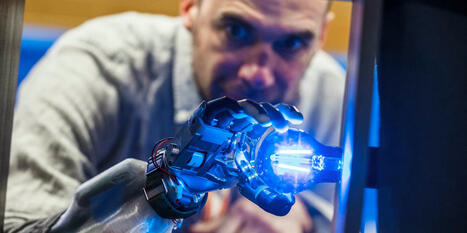


 Your new post is loading...
Your new post is loading...
